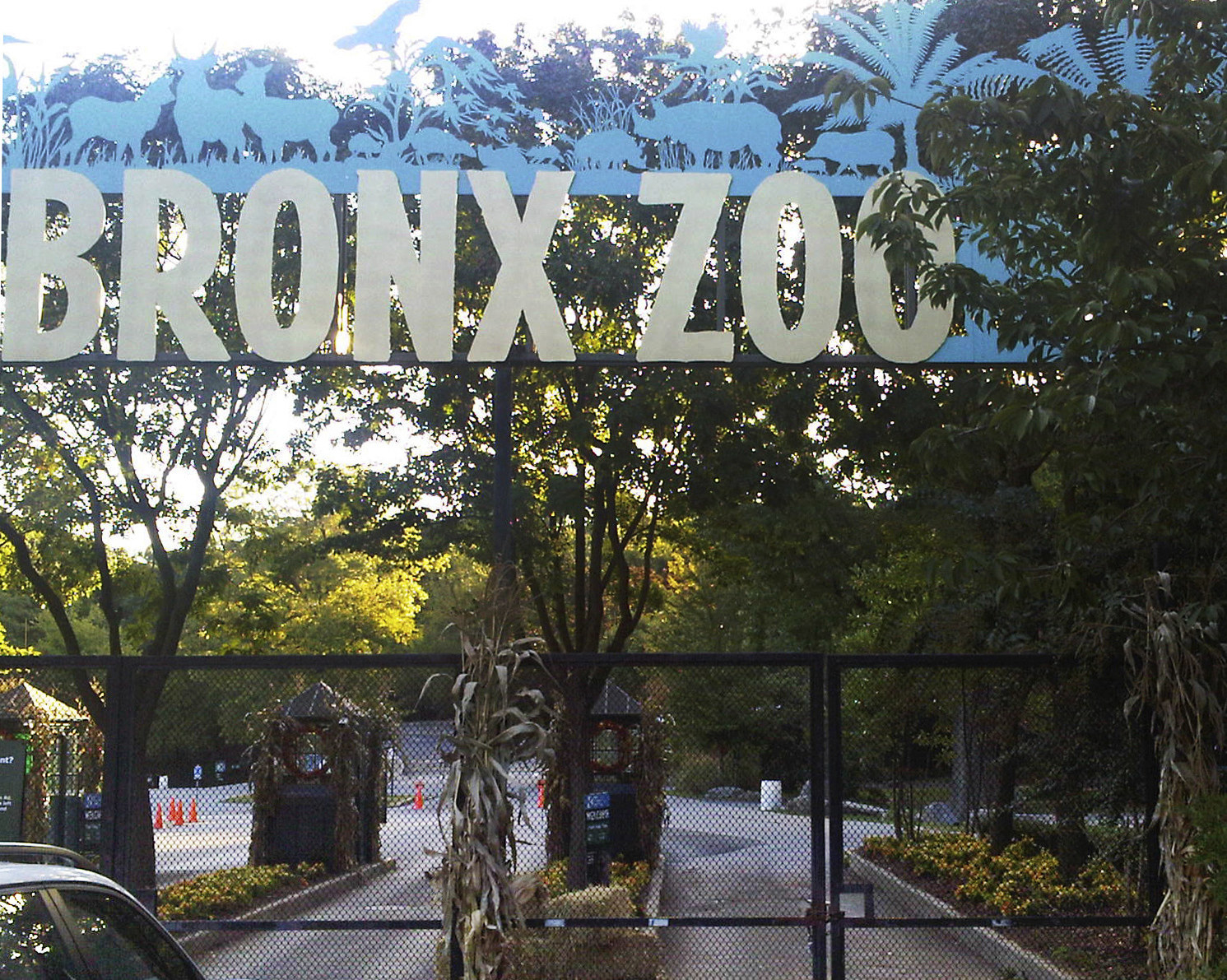
A 4-year-old tiger at the Bronx Zoo has tested positive for the coronavirus, according to the Wildlife Conservation Society.
The Malayan tiger named Nadia had developed a dry cough along with six other tigers at the Bronx Zoo, and all are expected to recover. It's the first known case of a tiger contracting the virus.
“We tested the cat out of an abundance of caution and will ensure any knowledge we gain about COVID-19 will contribute to the world’s continuing understanding of this novel coronavirus,” the Wildlife Conservation Society’s Bronx Zoo said in a statement.
“Though they have experienced some decrease in appetite, the cats at the Bronx Zoo are otherwise doing well under veterinary care and are bright, alert, and interactive with their keepers. It is not known how this disease will develop in big cats since different species can react differently to novel infections, but we will continue to monitor them closely and anticipate full recoveries.”
The journalists at BuzzFeed News are proud to bring you trustworthy and relevant reporting about the coronavirus. To help keep this news free, become a member and sign up for our newsletter, Outbreak Today.
According to the press release, the tiger was infected by a person who was taking care of the animals who was either asymptomatically infected with the coronavirus or had not yet developed symptoms. Now the zoo is saying they’re taking “appropriate preventive measures” for all staff members who are caring for the tigers and the other cats “to prevent further exposure of any other of our zoo cats.”
Only one of the seven sick cats was tested, and she was put under anesthesia during the test.
“We are grateful for the cooperation and support of the New York State Diagnostic Laboratory at Cornell University and the University of Illinois College of Veterinary Medicine Veterinary Diagnostic Laboratory, where the initial COVID-19 testing of samples from the tiger were performed,” they said in the statement.
The US Department of Agriculture also confirmed the news in a statement, saying “there is no evidence that other animals in other areas of the zoo are showing symptoms.”

“USDA and [the Centers for Disease Control and Prevention] are monitoring the situation and working to support the state and local health departments and state animal health officials. State animal and public health officials will take the lead in making determinations about whether animals, either at this zoo or in other areas, should be tested for the SARS-CoV-2 virus. USDA will notify the World Organisation for Animal Health (OIE) of this finding,” the USDA said in the statement.
The USDA said despite the fact that there haven’t been other reports of pets having the coronavirus in the US, people who are sick with COVID-19 should limit their contact with animals.
“Anyone sick with COVID-19 should restrict contact with animals, out of an abundance of caution including pets, during their illness, just as they would with other people,” the statement read. “If a sick person must care for a pet or be around animals, they should wash their hands before and after the interaction.”
According to the USDA, this case is also the first of its kind in that a human being might have spread the virus to an animal, although their website noted, “We are still learning about this new coronavirus and how it spreads.”
If possible, anyone with COVID-19 should have someone else care for their pets while they're sick.
“If you are sick with COVID-19, avoid contact with your pet, including petting, snuggling, being kissed or licked, and sharing food,” the USDA wrote.
Currently, there isn't any evidence that animals can spread the coronavirus to human beings, the USDA said.
Internationally, there have been a handful of cases of pets contracting the coronavirus, and in experimental settings, scientists have shown that animals can pass the virus on to other animals, the American Veterinary Medicine Association said.
Meanwhile, other pets belonging to infected people haven't gotten sick.
"Infectious disease experts and multiple international and domestic human and animal health organizations continue to agree there is no evidence at this point to indicate that pets, under natural conditions, spread COVID-19 to other animals, including people," the veterinary association said.
